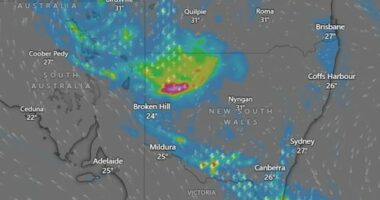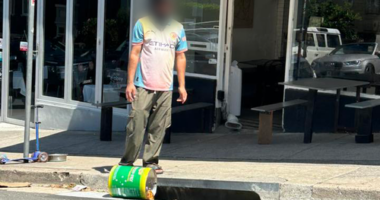Share this @internewscast.com
Key Points
- New research suggests the cost of living is causing people to make poor dietary choices.
- Poor diet is among the top causes of disease in Australia.
- Meanwhile, millions of tonnes of edible food are thrown away each year.
As a result of large quantities of fresh food remaining unused, 33 million tonnes of organic waste are generated each year.
But researchers say it’s not delivering for everyone, and that lack of affordable and nutritious food is a leading cause of disease in the nation.
Lack of choice driving poor diets
“However, there are elements to that personal choice that can lead us away from healthy food.”

Source: SBS News
In particular, the cost of healthy food (like fruit and vegetables) compared to processed ones can make a nutritious diet out of reach for Australians on a smaller budget.
According to the report, 6 per cent of those in regional areas only have access to a single food retailer, and that figure rises over five times to 34 per cent for residents in remote areas.
Dietary risk is one of the leading factors contributing to disease burden in the country, according to data from the Australian Institute of Health and Welfare.

Source: SBS News
While cost is a driving factor in food insecurity, convenience also plays a role in how consumers choose to shop in the modern age.
Convenience over nutrition
The environments we are exposed to when buying food also play a part, as people can be swayed by marketing, she added.
The report added that people who are living with socio-economic disadvantage within regional and remote areas faced the biggest harms of food insecurity.
Fresh, healthy food thrown away each year
At the same time, millions of tonnes go to landfills each year, according to Foodbank Australia.
“We want to see more of that good surplus food diverted to charities like Foodbank rather than landfill. With the right incentives and infrastructure, we can dramatically reduce waste and boost food relief efforts.”
What could change?
“This straightforward policy can help deliver millions of healthy meals to Australians in need, improving food security and nutrition while advancing our national food waste reduction goals.”













